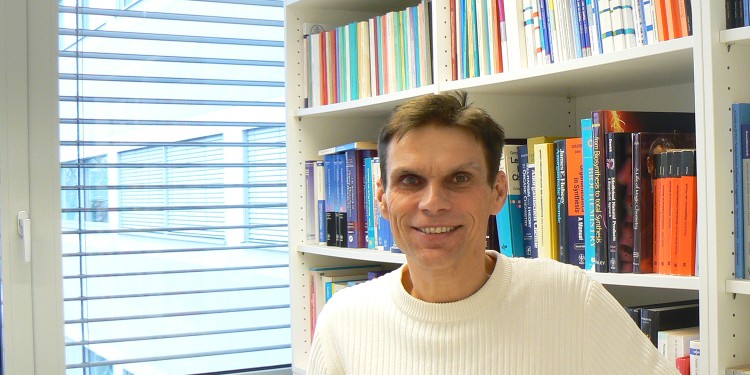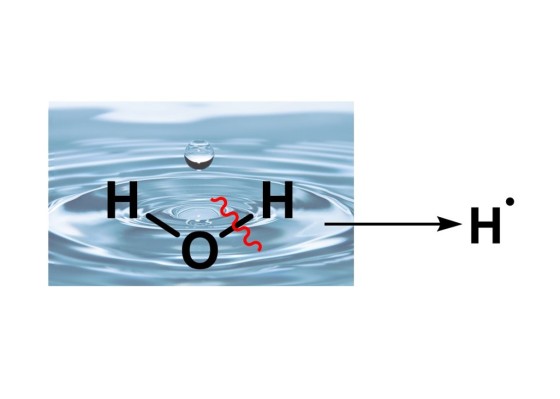
European Research Council awards Armido Studer an Advanced Grant
Chemist Prof. Armido Studer from the University of Münster has been awarded an ERC Advanced Grant, worth 2.5 million euros, from the European Research Council (ERC). Studer plans to use the grant to realise a project in the field of so-called radical water activation in the coming five years. This field of research explores reactions which are driven by hydrogen atoms from water. Overall, 255 researchers were awarded one of the coveted Advanced Grants in a two-stage selection procedure involving over 1,800 applications from all disciplines.

The researchers aim to transfer the hydrogen atoms produced through water activation to various inert molecules (“water transfer reactions”). Using these photochemically produced hydrogen atoms, one of the things the researchers want to do is convert flat molecules into three-dimensional ones, which are important in medicinal chemistry. The team also plans to rearrange molecular structures. In this process, compounds are broken up and new ones formed; the molecular skeleton is broken up and rebuilt. The experimental work is to be accompanied by theoretical studies.
Prof. Armido Studer
Armido Studer has been working at the Institute of Organic Chemistry at the University of Münster since 2004. He already received an ERC Advanced Grant in 2016 for a project entitled “The electron as catalyst”. One of the many other awards he has received was the University of Münster Research Prize in 2014. Amongst other things, Studer is a member of the North Rhine-Westphalian Academy of Sciences, Humanities and the Arts and of the German National Academy of Sciences Leopoldina. He is the spokesperson for International Research Training Group (IRTG) 2678 Münster/Nagoya (Japan) “Functional π-systems”.
ERC Grants
In awarding Advanced Grants, the European Research Council provides support for experienced researchers in all disciplines. The selection criteria are academic excellence on the part of the applicant together with an innovative forward-looking project. Other ERC funding lines are Starting Grants, Proof of Concept Grants and Synergy Grants
